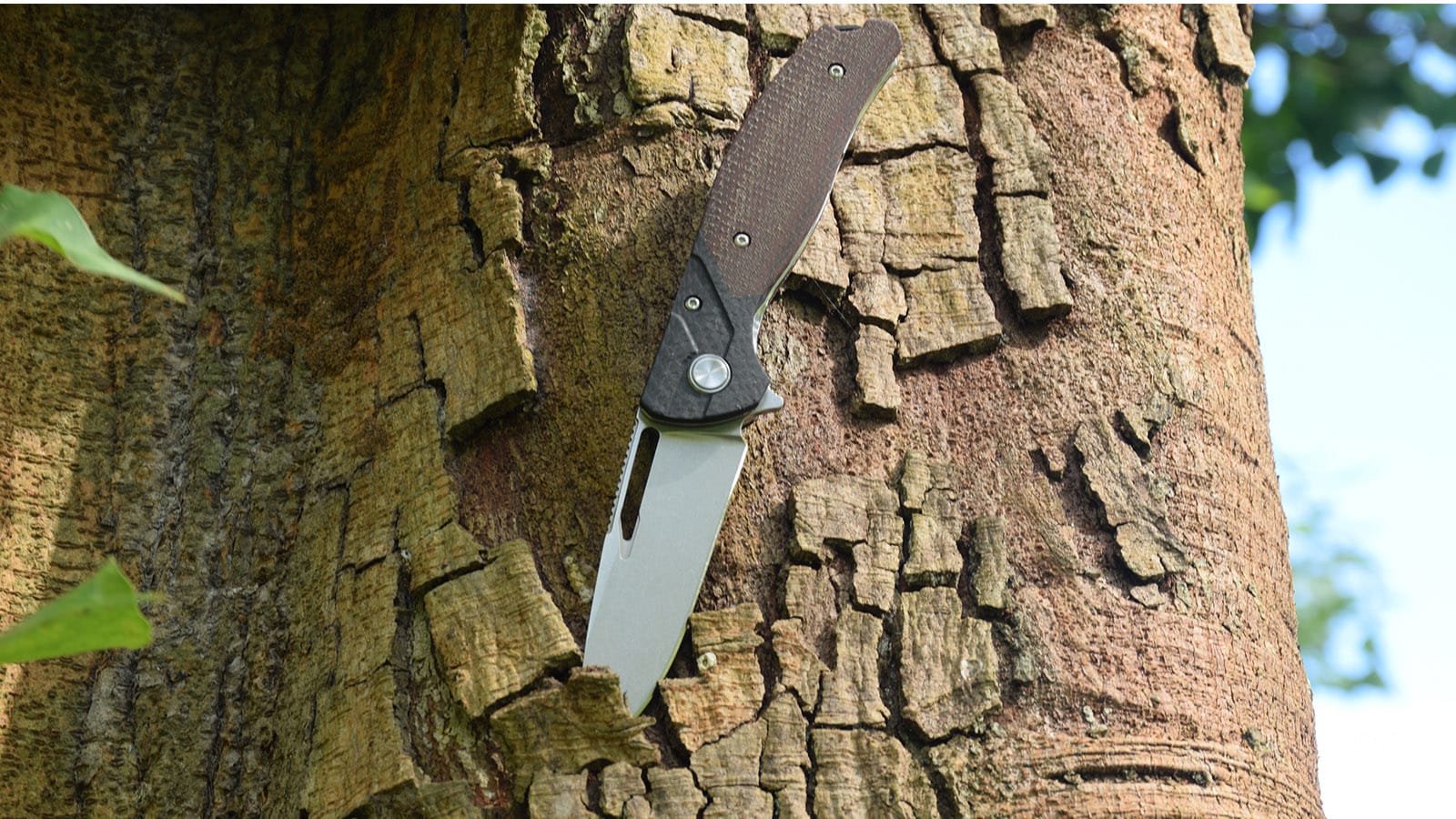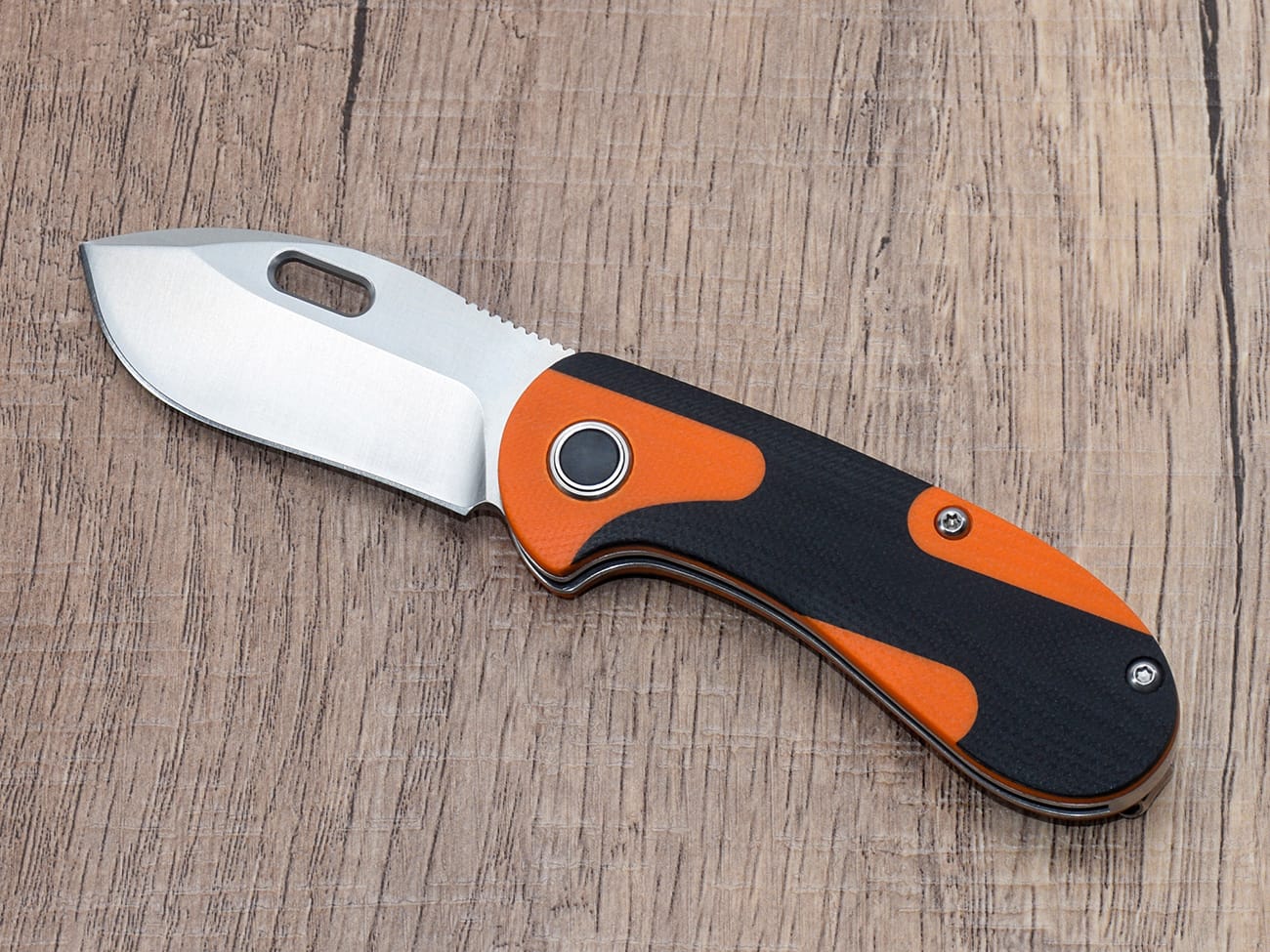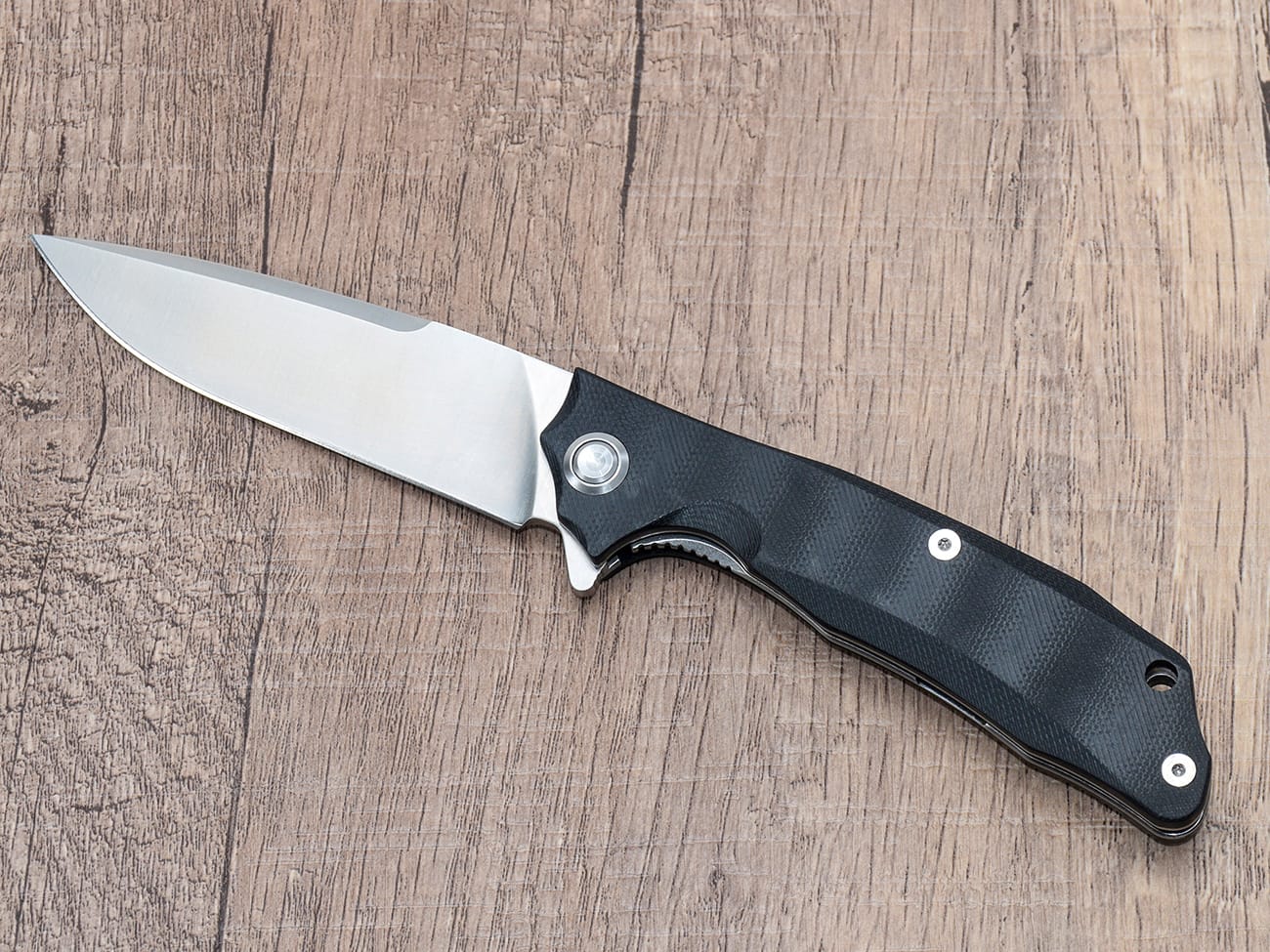Navigating the legalities of carrying a pocket knife can be complex
1, especially for individuals with a felony conviction. This article explores whether a felon can legally carry a pocket knife, examining various state laws and the implications of carrying knives for those with a criminal record. Understanding these laws is crucial for anyone looking to stay on the right side of the law.
Table of Contents
1. What Does the Law Say About Felons Carrying Knives?
The legality of a felon carrying a knife varies significantly by state. Generally, state law dictates the types of knives that are permissible and any restrictions on blade length. For felons, these laws can be more stringent due to their criminal history.In many states, a felon may not carry a knife that is classified as a deadly weapon. This includes certain types of knives like switchblades or knives with blades longer than a specified length. Understanding these distinctions is vital for compliance with local laws.
2. How Does a Felony Conviction Affect Knife Ownership?
A felony conviction can severely impact an individual’s ability to carry knives. Felons are often prohibited from possessing firearms, and similar restrictions can apply to knives, especially those considered dangerous weapons.The restrictions on knife ownership for felons are often tied to the nature of the felony. For example, a person convicted of a violent felony may face stricter limitations compared to someone with a non-violent felony conviction.
3. Are There Specific Types of Knives That Felons Cannot Carry?
Certain types of knives are generally illegal for felons to carry. These include:
- Switchblades: Often classified as dangerous weapons.
- Ballistic knives: Known for their potential to cause harm.
- Dirks and daggers: Double-edged knives that can be used as weapons.
The legality of carrying these knives can depend on the state and the specific circumstances of the felony conviction.
4. Can a Felon Carry a Pocket Knife?
In some states
1, carrying a pocket knife is generally legal for felons, provided the knife does not exceed a certain blade length and is not used as a weapon. However, this can vary, and it’s essential to consult local laws.For example, in Texas, a felon can carry a pocket knife as long as it meets the legal definition of a pocket knife and does not have a blade longer than the state-mandated limit.
5. What Are the Consequences of a Felon Carrying an Illegal Knife?
If a felon is found carrying a knife that is illegal under state law, they could face severe penalties. These can include:
- Fines: Monetary penalties for violating knife laws.
- Probation violations: If the felon is currently on probation, carrying an illegal knife could result in a violation.
- Additional charges: Being charged with a misdemeanor or even a felony for possession of a prohibited weapon.
6. How Do State Laws Differ Regarding Felons and Knives?
State laws regarding felons carrying knives can differ widely
2. Some states have specific statutes that outline what is permissible, while others may have more general laws that apply to all citizens.For instance, in Arizona, the law allows open carry of knives, but restrictions apply to concealed carry, especially for felons. Understanding these nuances is crucial for legal compliance.
7. What Should a Felon Consider Before Carrying a Knife?
Before carrying a knife, a felon should consider several factors:
- State and local laws: These can dictate what is legal to carry.
- Type of knife: Ensure the knife is not classified as a deadly weapon.
- Intended use: The knife should be used for lawful purposes, such as work or self-defense.
8. Can a Felon Carry a Knife for Self-Defense?
While self-defense is a common reason for carrying a knife
2, felons must be cautious. The knife must be legal to carry, and its use must be justified under the law. Carrying a knife solely for self-defense can be risky if it violates any legal restrictions.
9. What Legal Advice Should Felons Seek Regarding Knife Possession?
Felons should seek legal advice from a qualified attorney to understand their rights and restrictions regarding knife possession. An attorney can provide guidance based on the individual’s specific circumstances and the applicable state laws.
10. Conclusion: Navigating Knife Laws as a Felon
Understanding the legal landscape of carrying a knife as a felon is essential to avoid legal pitfalls. By staying informed and seeking legal advice, felons can navigate these laws more effectively.
Key Takeaways:
- State laws vary significantly regarding felons carrying knives.
- Certain types of knives are generally prohibited for felons.
- Legal advice is crucial for understanding individual rights and restrictions.
For more information on pocket knives and their legalities, visit our Pocket Knife Factory page. Explore various models and materials at Yangjiang Pocket Knives or customize your own at Custom Pocket Knives.Image:

Alt: Pocket knife with a wooden handle.By understanding these laws, felons can make informed decisions about carrying knives and ensure they remain compliant with legal requirements.




